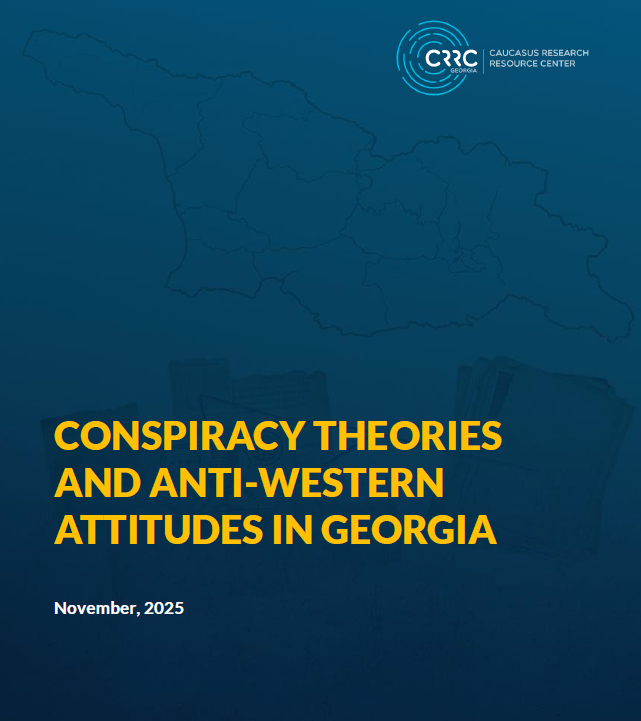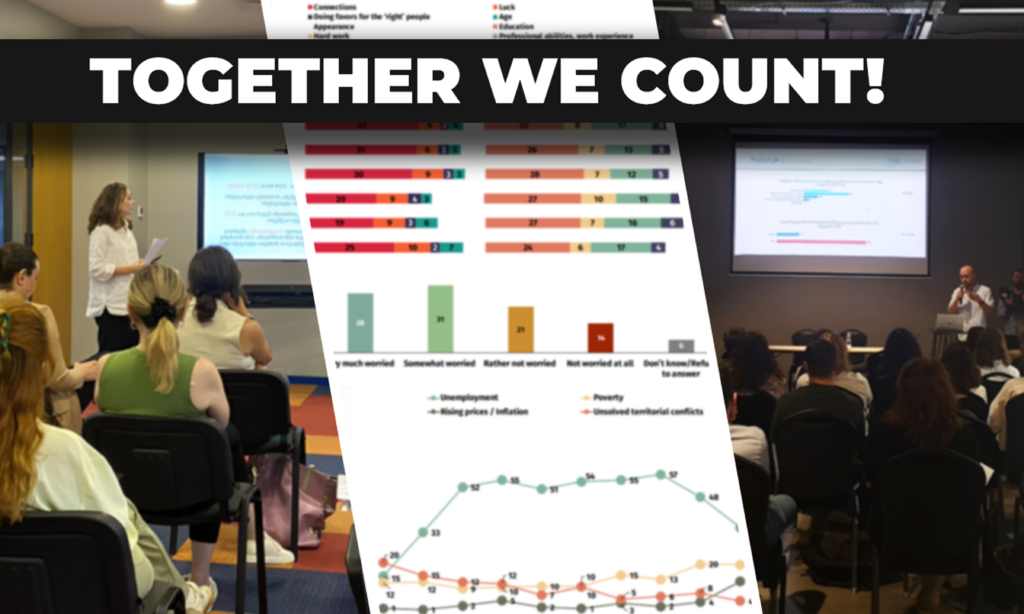Murtaz Kvirkvaia, a CRRC fellow, investigated a range of social problems in Georgia. According to his findings, 55% of the population lives on the brink of poverty and 9.6% of the population is extremely poor. By Kvirkvaia’s estimations, the unemployment rate is 3.5 times higher than the official data claim and a third of economically active citizens are jobless.
However, the most vulnerable of groups, the fellow argues, are pensioners. The analysis showed that the pension system is founded on an intergenerational contract, where today’s pensions are being paid by future generations, which makes pensioners’ social problems impossible to resolve.
Based on his research, the fellow put forth a framework to resolve Georgia’s social problems. He argues that the state cannot play the leading role in resolving social problems for the majority of the population, like it used to do during the Soviet era. Accordingly, Kvirkvaia considers economic liberty as the main factor in economic growth and the best solution to social problems. Economic liberty would enable the government to liberate itself from the necessity of solving economic and social problems that should not fall within its purview. For instance, the fellow argues that a system based on an intergenerational contract, which underlies what is known as the “Bismarck model” for pension systems, is effective only in cases where the number of employed people is four times larger than the number of pensioners; this is clearly not the case in Georgia, which must develop a pension system that is more reliant on the market.
If you are interested in research about economic liberty in Georgia, you can get in touch with the scholar directly.










